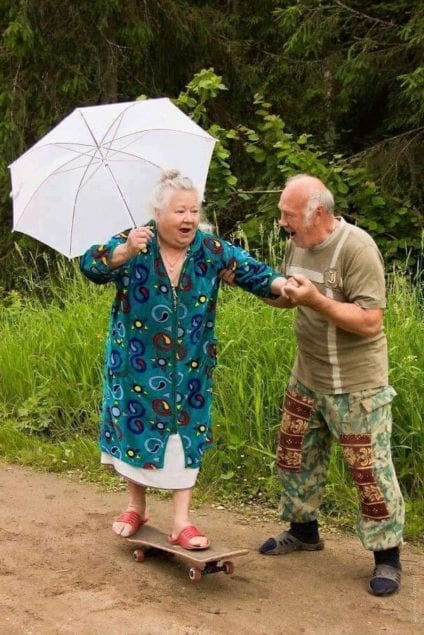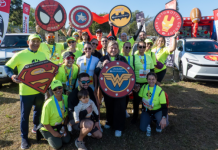 Our parents did everything possible to make us, their kids happy, successful and safe. However, there comes time when roles are reversed, and all of a sudden we find that our parents are not that “young” anymore. Now, we have to make them feel successful, happy, and safe.
Our parents did everything possible to make us, their kids happy, successful and safe. However, there comes time when roles are reversed, and all of a sudden we find that our parents are not that “young” anymore. Now, we have to make them feel successful, happy, and safe.
As their children we must decide if it is safe to leave them at home, and if so how to make them safe there. On the other hand, we may decide that it is best if they move to an assisted living facility or nursing home. To place your parents in an assisted living facility is an extremely tough decision, both financially and most importantly emotionally, for both the parents and their children. However, to protect them we must be responsible and if needed make this decision before it becomes too late.
We will discuss this tough and hot topic in the next issue of Community Newspaper.
If our parents are still fortunate to be in a condition where they can continue to enjoy their home, we will discus how to make them safe there as well.
There comes time when we find that our parents are not that “young” anymore. Now, we have to make them feel successful, happy, and safe.
6 Steps to Reducing Falls
There are six easy steps you can take today to help your older loved one reduce their risk of a fall:
1. Enlist their support in taking simple steps to stay safe.
Ask your older loved one if they’re concerned about falling. Many older adults recognize that falling is a risk, but they believe it won’t happen to them or they won’t get hurt—even if they’ve already fallen in the past.
2. Discuss their current health conditions.
Find out if your older loved one is experiencing any problems with managing their own health. Are they having trouble remembering to take their medications—or are they experiencing side effects? Is it getting more difficult for them to do things they used to do easily?
3. Ask about their last eye checkup.
If your older loved one wears glasses, make sure they have a current prescription and they’re using the glasses as advised by their eye doctor.
4. Notice if they’re holding onto walls, furniture, or someone else when walking or if they appear to have difficulty walking or arising from a chair.
These are all signs that it might be time to speak with your family physician for further evaluation. They might suggest a cane or walker—and provide guidance on how to use these aids. Make sure to follow their advice.
5. Talk about their medications.
If your older loved one is having a hard time keeping track of medicines or is experiencing side effects, encourage them to discuss their concerns with their doctor and pharmacist. Suggest that they have their medications reviewed each time they get a new prescription.
Also, beware of non-prescription medications that contain sleep aids—including painkillers with “PM” in their names. These can lead to balance issues and dizziness.
6. Do a walk-through safety assessment of their home.
There are many simple and inexpensive ways to make a home safer.
Here are some examples:
● Lighting: Increase lighting throughout the house, especially at the top and bottom of stairs. Ensure that lighting is readily available when getting up in the middle of the night.
● Stairs: Make sure there are two secure rails on all stairs.
● Bathrooms: Install grab bars in the tub/shower and near the toilet. Make sure they’re installed where your older loved one would actually use them. For even greater safety, consider using a shower chair and hand-held shower.
This article is presented as a public service by: Prestige Care Aventura ALF- The Only Home Environment Assisted Living Facility in Aventura & Sunny Isles Beach
If you would like to schedule a tour or receive more information about Prestige Care Aventura ALF, please call at (305) 912-7799 or (954) 274-5879 or email at info@senioraventura.com to visit their website go to: prestigecareaventura.com






